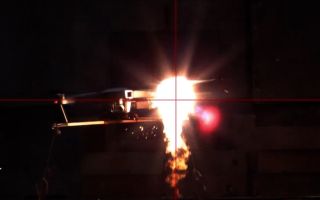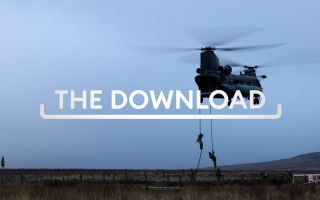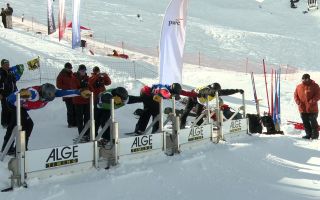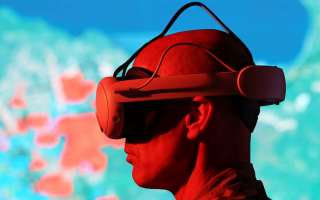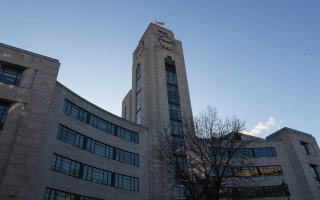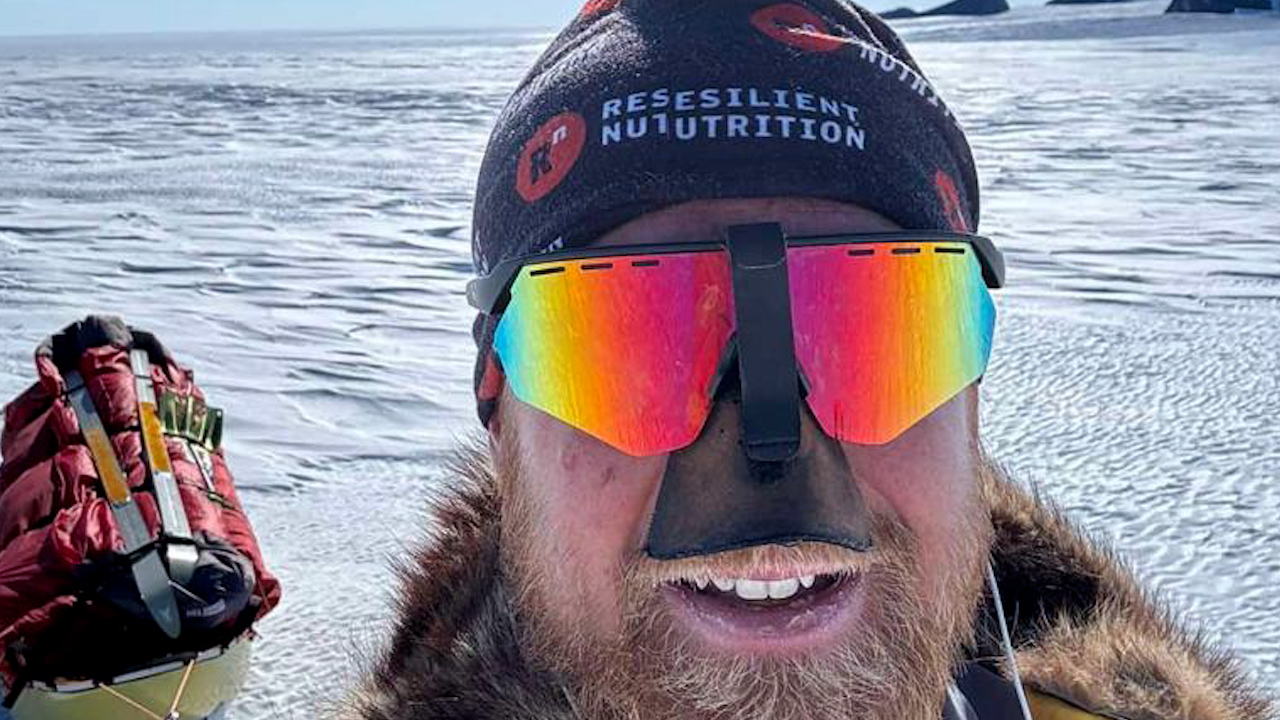
Polar ex-Marine adventurer reflects on mental and physical toil of the Antarctic

Former Royal Marine Sam Cox has revealed how thoughts of his family and his health guided him towards making the decision to withdraw from his world record expedition attempt in the Antarctic.
The military veteran was forced to pull out of his mission to complete a solo unsupported ski across the continent after 32 days due to suspected kidney stones.
"It has been difficult processing that this is the end of a four-year project that did not achieve its aim," said Mr Cox.
The polar adventurer wrote a detailed description of his thoughts and feelings on LinkedIn regarding his decision to leave the Antarctic.
He wrote: "It's been 10 days since ending the expedition and I've been mulling over what to write as an update now I'm back in the UK.
"I physically feel well and luckily there is no medical emergency.
"While at the time I resented the decision to end the expedition, in the cold light of day it was the correct decision for my long-term health, especially with a young family at home."
Mr Cox said he felt confident at the time of his extraction, while being disappointed about not achieving his goal.
He added: "At the time of my pick-up, I was feeling confident and strong given that the weight of the pulk was becoming lighter, which would allow me to start upping the distances I was travelling each day.
"With the final 400km of the expedition being downhill, I was confident of finishing in 75 days.
"To not even reach the South Pole has also been something that has played on my mind."
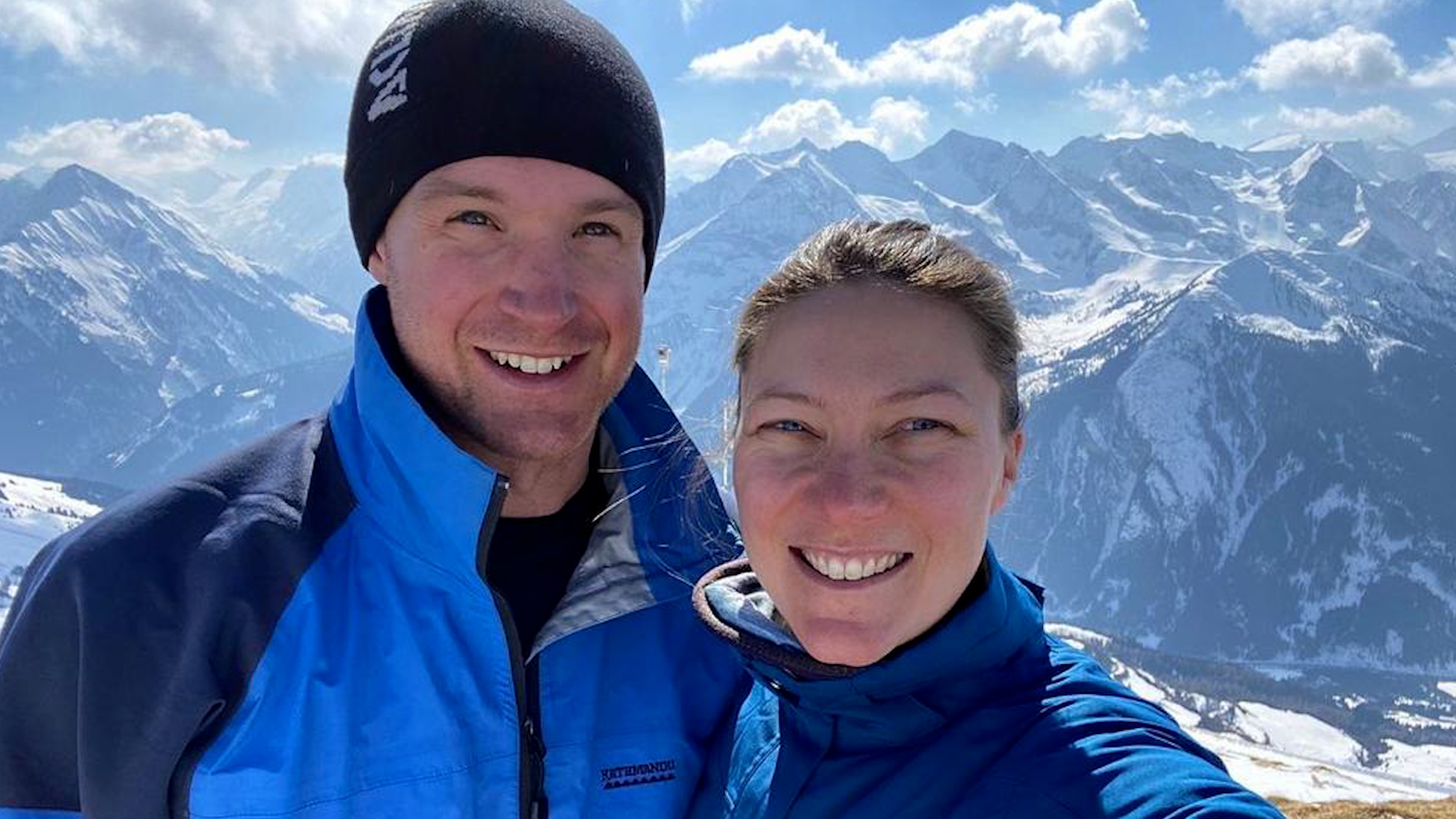
Mr Cox went on to outline where he stood mentally regarding the challenge and its premature end.
"These expeditions extend beyond a pure physical feat, and the mental and emotional effort that is invested in them is huge," he explained.
"They take a toll on more than just the individual/team that is directly involved and have a similar impact on those in supporting roles, such as family and friends.
"This would need to be considered before any reattempt."
He credited his family, supporters and medical professionals for all they had done during this period.




